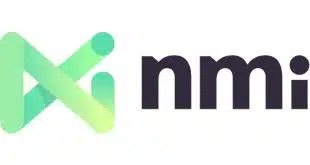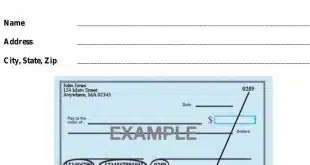Banks claim they want to serve so-called underbanked and unbanked consumers, but the fees they slap onto checking accounts, particularly non-sufficient funds (NSF) and overdraft fees, are creating a strong business case for prepaid cards to displace a substantial number of checking accounts, according to a new research report. Using measures of deposit inflows, fees paid, and other variables, Boston-based Aite Group LLC says 14% of checking-account holders, mostly lower-income consumers who pay the most in fees, would cut their banking costs if they dumped their checking accounts and switched to prepaid cards. Banks potentially would lose $20.3 billion in service charges if this happened, but they could keep customers and replace most of the lost income if they offered more prepaid cards and more alternatives to payday loans, according to report author Gwenn Bézard, Aite Group research director. While analysts have known for years that lower-income consumers pay a disproportionately high amount of fees for financial services, Bézard's report identifies the market opportunities these fees create for prepaid cards. He did so by examining three data sources: an analysis by Lightspeed Online Research Inc. of a year's bank statements from 1,915 checking account holders, data from 8,140 prepaid card account holders over the same 12-month period supplied by a major prepaid card provider, and a Federal Deposit Insurance Corp. analysis of bank overdraft practices released in November. But there are some ironies. “Prepaid debit cards are not inherently cheaper than checking accounts,” the report says. “In fact, today's users of prepaid debit cards tend to pay a higher portion of their deposit inflows in fees than checking account holders do.” The median (half the surveyed base paid more, half less) prepaid card holder pays 3.5% of his or her deposit inflows in fees, compared with only 0.4% for the median checking-account holder. The mean prepaid card holder pays 4.8% of deposit inflows in fees compared to 2.4% for the mean checking-account holder, according to the report. The opportunity lies in the fact that prepaid card fees tend to be fixed. Thus, the more that is loaded onto them, the cheaper they become compared to checking accounts. Some 14% of checking-account holders pay 4% or more of their deposit inflows in fees. Individuals in that group stand to gain substantially if they switch to using prepaid cards, with Aite estimating the mean annual savings at $720. Bézard tells Digital Transactions News he tried to be conservative in arriving at that 14% figure, in part by taking into account that many consumers pay bank fees for overdrafts generated not only accidentally, but also as they try to cover cash shortages?shortages they'd cover by getting payday loans if they didn't have a bank account. Industrywide, those per-person savings would translate into losses in fee revenue to banks of up to $20.3 billion, Aite estimates. If banks themselves offered prepaid cards to the cohort identified by Aite, they'd generate $11.9 billion in prepaid card revenues at 2009's estimated pace, leading to a net loss in revenues of about $8.7 billion, assuming equal deposit inflows and no fees beyond the typical prepaid card charges. Effecting such a market change won't be easy, Bézard says. “You have to get more people to use prepaid debit cards, you have to get people to increase the load,” he says. “You still have to get consumers to adjust their behavior.” But some non-bank specialists such as NetSpend Corp. and Green Dot Corp. are making headway in convincing consumers to use prepaid cards, the report notes. Banks could help serve the market better by not only boosting their prepaid card offerings, but also by offering cheaper alternatives to payday loans. Bézard notes that Wells Fargo & Co. launched its Direct Deposit Advance product in 1997, but very few banks offer anything similar. The report estimates banks could earn $3.6 billion in fee income from payday- loan alternatives, based on 2009 market figures.
Check Also
Nacha’s Top 50 Originators And Receivers Account for 94% of Payments Volume
The big automated clearing house network Nacha says the volume of ACH payments made at …




